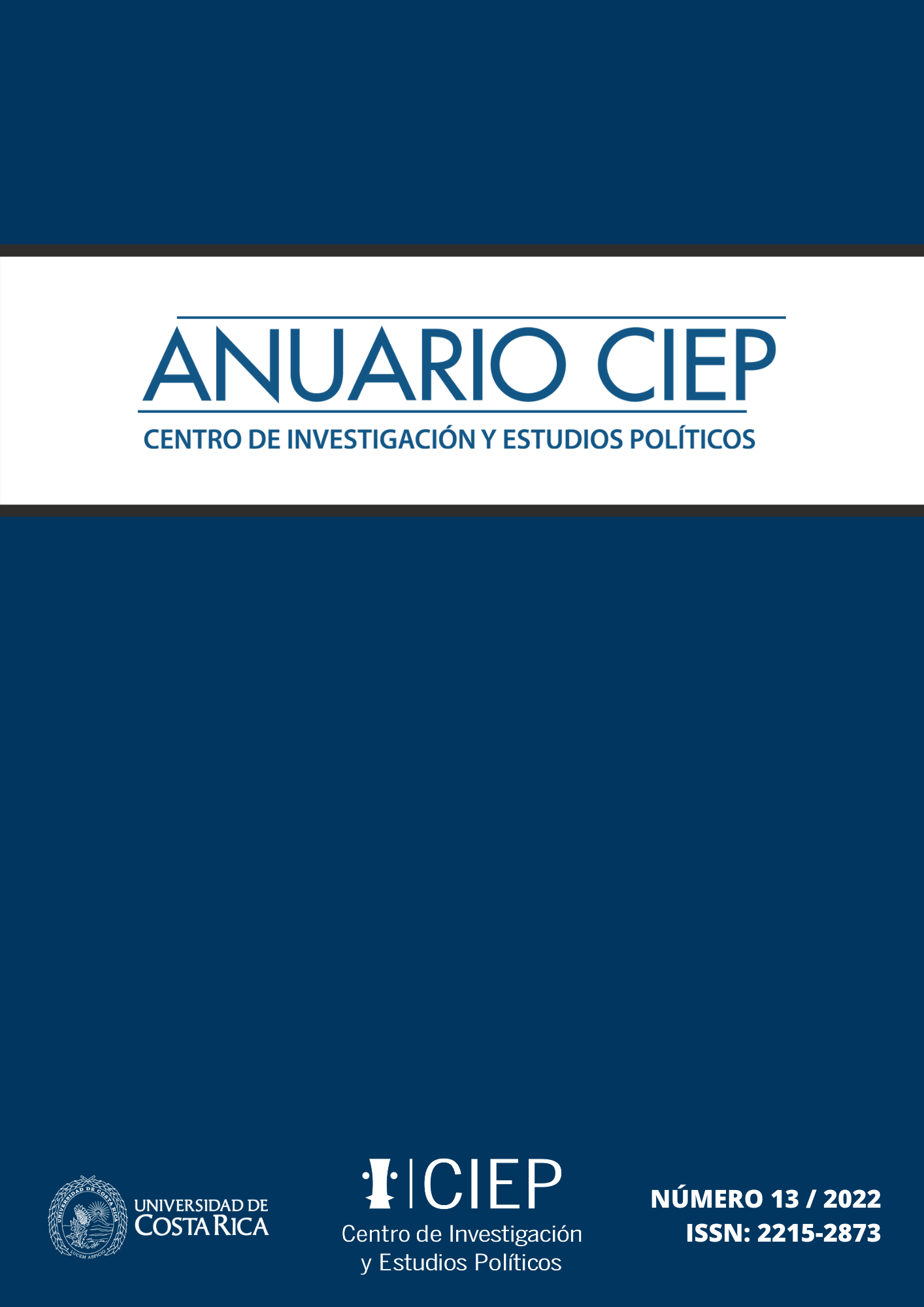Abstract
This article proposes an analysis of the results of the consultation process with imprisoned population, conducted by teachers, researchers, and students from the University of Costa Rica in the framework of the 2018 political campaign. We organize our results in terms of (1) the political meaning of carrying out a participatory process and a debate with presidential candidates within the national prison context; (2) the dissociation of the political projects proposed in the campaign from the realities faced by persons deprived of liberty, and (3) the conditions of (im)possibility for the exercise of citizenship during a political-electoral context mediated by punitivist and conservative political discourses.
We move between the analysis of the content of the questions, the reconstruction of contexts and the review of specialized literature to articulate our arguments. Placing the analytical lens in prison contexts, we take the insights proposed by the participants and problematize the generalized character with which the discussion on politics, democracy and citizenship is traditionally approached during elections. We argue that, in this generalization, the complex power relations that make that, in effect, not all people have the same possibilities to fully exercise our fundamental rights are made invisible.

